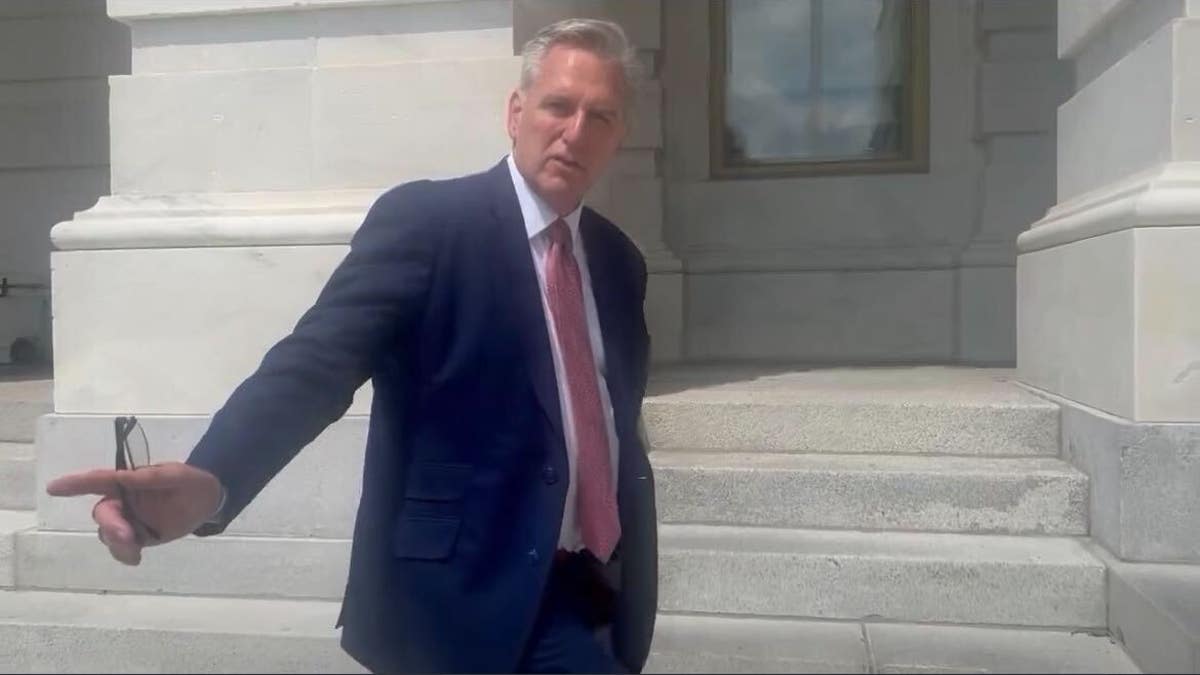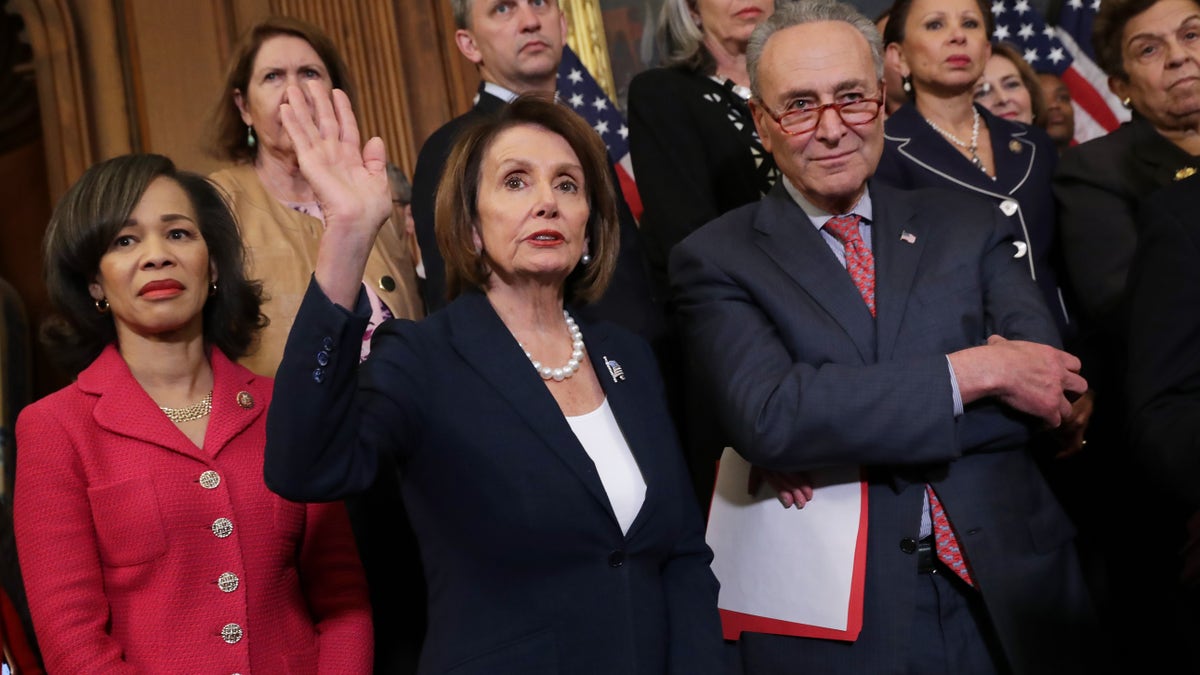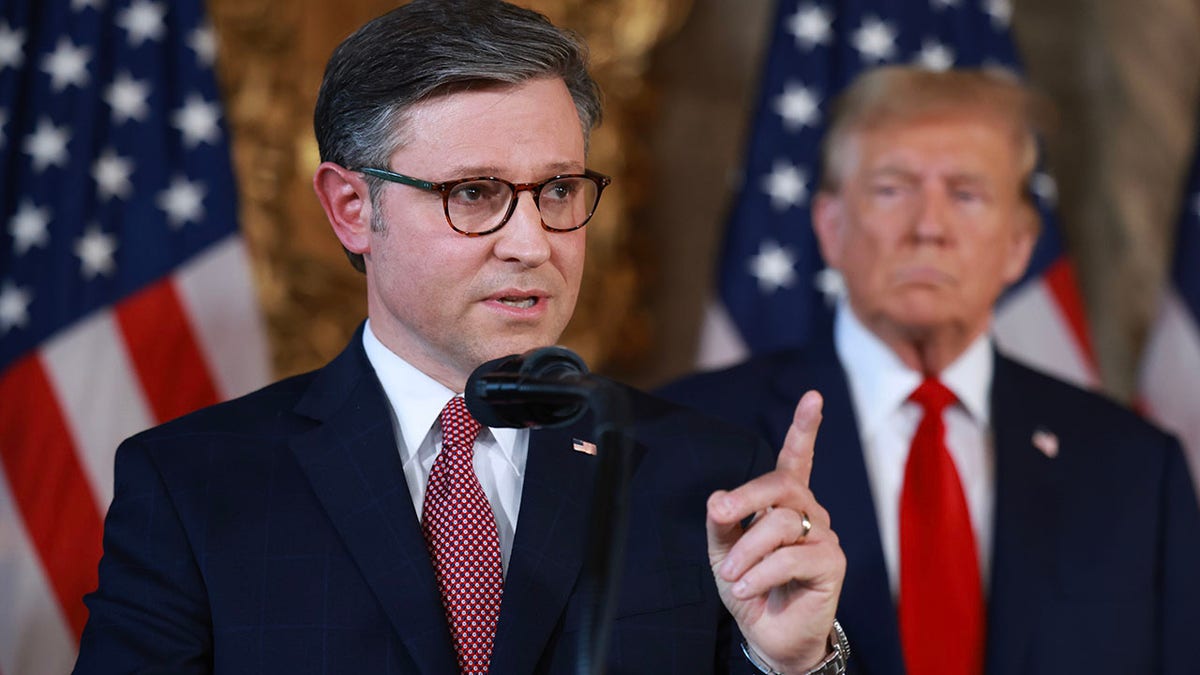The 119th Congress convenes on Friday, and the House's primary task is electing a Speaker. This seemingly procedural event carries significant weight, as the House cannot conduct any business until a Speaker is chosen. No swearing-in of members, no rules package adoption, no bill debates – nothing happens until the Speaker's gavel falls.
Historically, electing a Speaker has been a straightforward affair. However, recent years have witnessed unprecedented turmoil in this process. The 15-round battle to elect Kevin McCarthy in 2023, followed by his ousting and the subsequent scramble for a replacement, set a chaotic precedent. The eventual selection of Mike Johnson didn't quell the unrest, with his handling of spending bills and collaboration with Democrats drawing criticism from some conservatives.

This Friday, the process begins with a "call of the House" to confirm the presence of all 434 members (or as many as are present, given potential absences). Following this, nominations will commence, with Rep. Lisa McClain expected to nominate Johnson and Rep. Pete Aguilar nominating Minority Leader Hakeem Jeffries. The crucial factor is securing a majority of votes cast for a specific candidate. "Present" votes don't count against a nominee, but they can lower the threshold for a majority, potentially leading to unexpected outcomes, even a Democratic Speaker in a Republican-majority House.

(Chip Somodevilla/Getty Images)
The potential for a drawn-out Speaker election poses a significant threat. It could delay the certification of the Electoral College vote on January 6th, as a Joint Session of Congress requires a House Speaker. Furthermore, it exposes deep fissures within the Republican party, foreshadowing potential legislative gridlock and difficulties enacting President-elect Trump's agenda. The coming days will be crucial in determining not only the House leadership, but the political landscape of the next two years.

(Joe Raedle/Getty Images)
Comments(0)
Top Comments